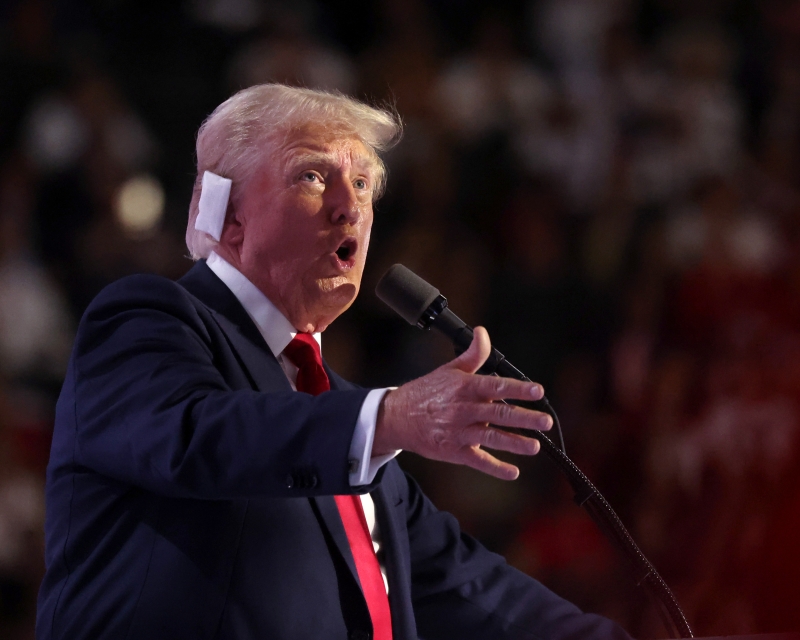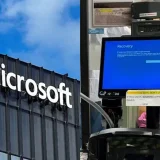Trump’s Bold Plan to Combat Inflation During His Next Term
In his keynote speech at the Republican National Convention, former President Donald Trump made a grand promise to the American people: he vowed to end the ongoing inflation crisis if he wins the November election. Trump’s speech, delivered with his characteristic bravado, targeted the Biden administration’s handling of the economy, labeling it as the worst inflation the country has ever experienced.
Trump’s assertion that inflation is “eating you alive” resonates with many Americans feeling the pinch of rising prices. Under the current administration, the cost of living has undeniably increased, affecting everything from groceries to gas. Trump’s critique taps into a widespread frustration, painting a picture of an administration out of touch with the financial struggles of ordinary citizens.
The former president laid out a series of proposals aimed at reducing inflation or at least providing relief from steep prices. One of his boldest suggestions was to eliminate taxes on tips. This proposal, if enacted, could potentially increase the take-home pay of millions of service industry workers who rely heavily on tips. However, the logistics and feasibility of implementing such a tax policy remain unclear.
Raising tariffs on other countries is another cornerstone of Trump’s plan. By increasing tariffs, he argues, the U.S. could protect domestic industries and reduce reliance on foreign goods, theoretically leading to lower prices. Yet, history has shown that tariffs can also lead to trade wars and increased costs for consumers and businesses alike. The balance between protectionism and free trade is delicate, and Trump’s tariff strategy could have unpredictable consequences.
Perhaps the most contentious of Trump’s proposals is his call to drill for more oil in the U.S. This move is framed as a way to achieve energy independence and lower gas prices. While increased domestic oil production could reduce prices at the pump in the short term, it also raises significant environmental concerns. Critics argue that ramping up oil drilling could have long-term negative impacts on the environment, further complicating the already heated debate over climate change and sustainable energy policies.
As the November election approaches, Trump’s promises will undoubtedly be scrutinized and debated. His ability to address the inflation crisis hinges not only on winning the presidency but also on navigating the complex economic and political landscape that comes with it. While his proposals offer potential solutions, they also carry significant risks and uncertainties.
In the end, the question remains: can Trump deliver on his bold promises, or are they merely rhetoric aimed at rallying his base? As voters weigh their options, the former president’s vision for tackling inflation will be a critical factor in their decision-making process. Whether his plans are seen as a viable path forward or a return to controversial policies of the past will be a defining issue in this election cycle.






